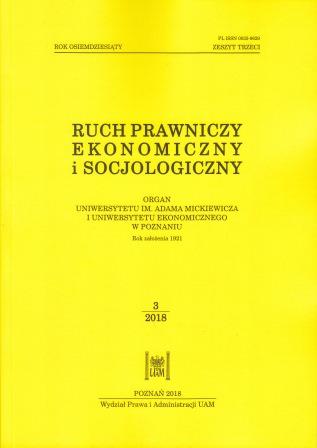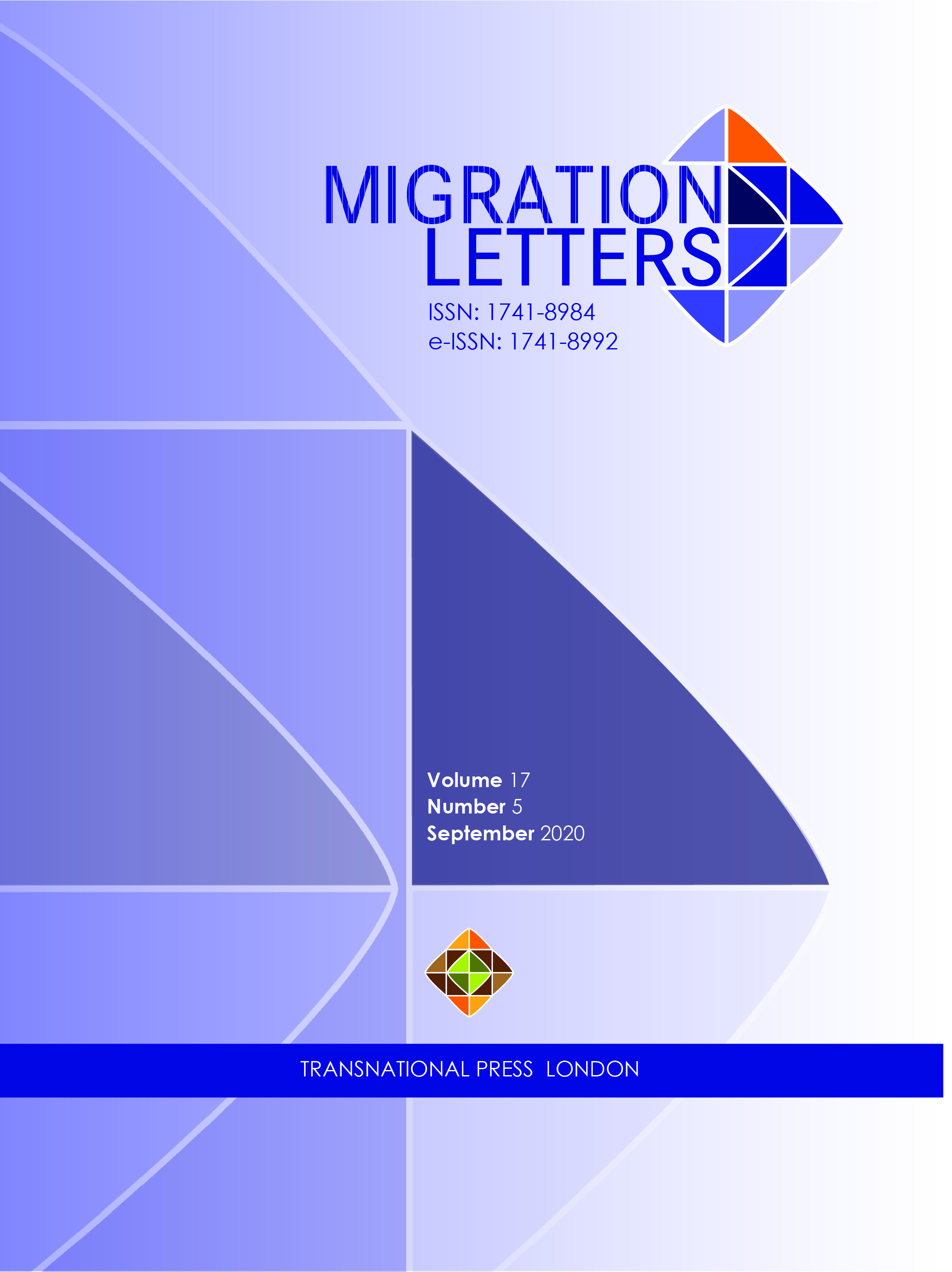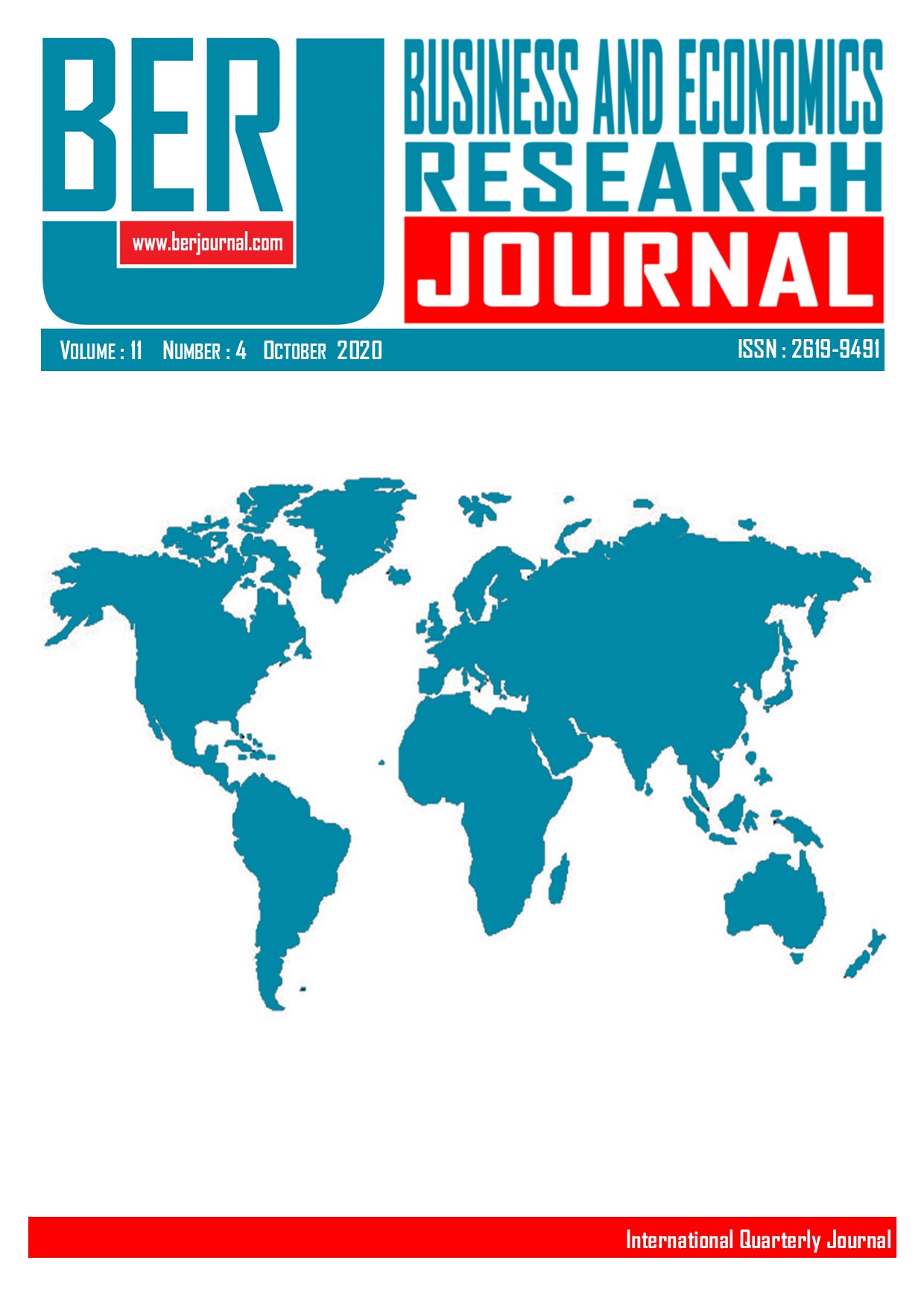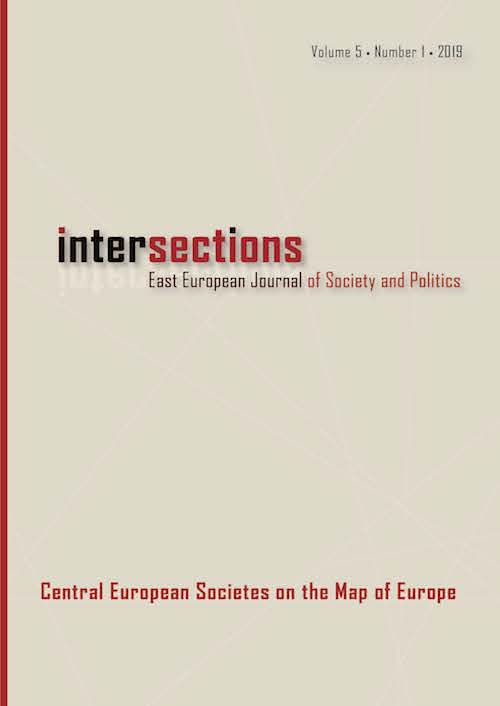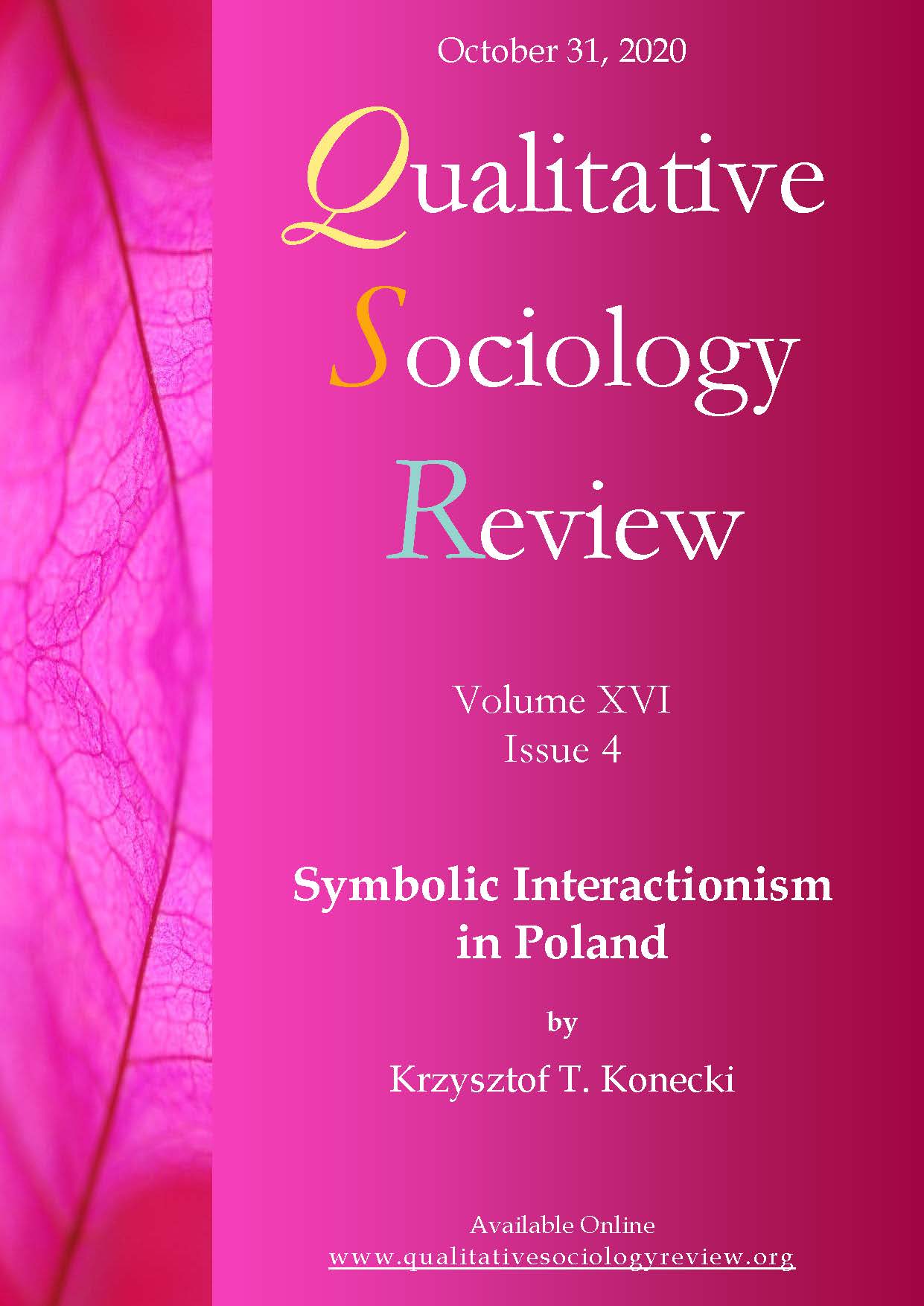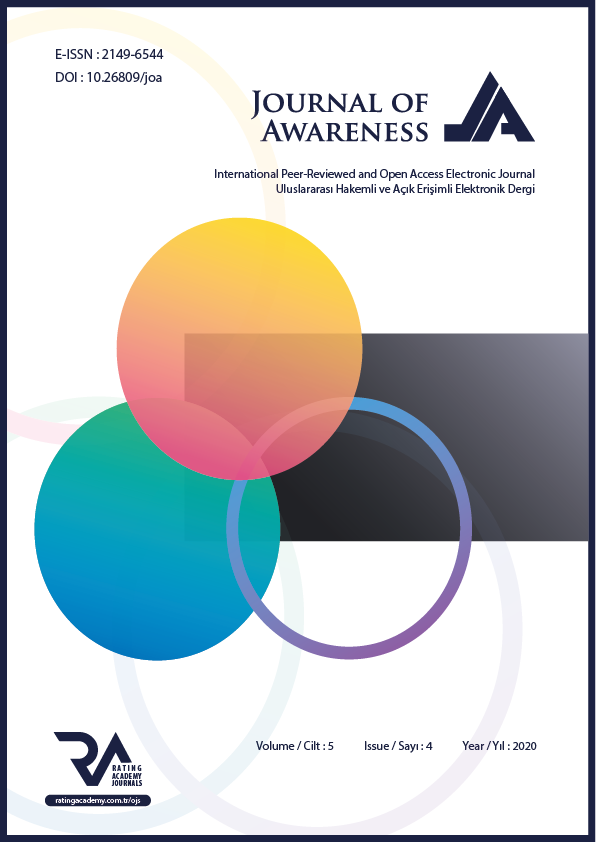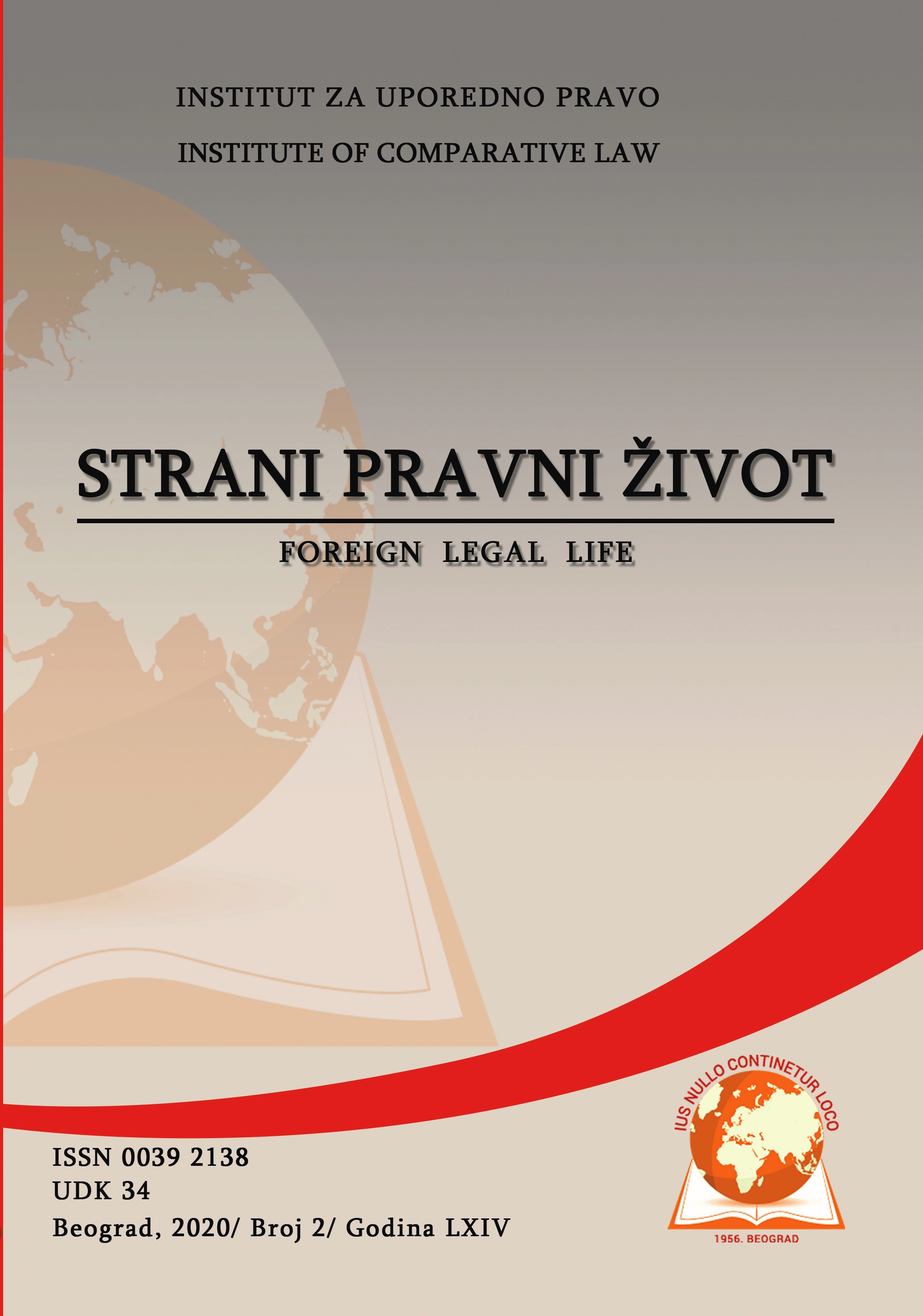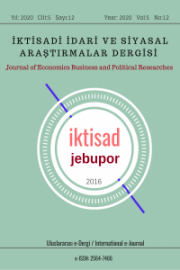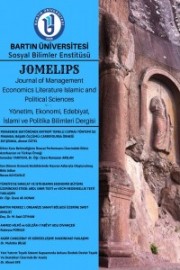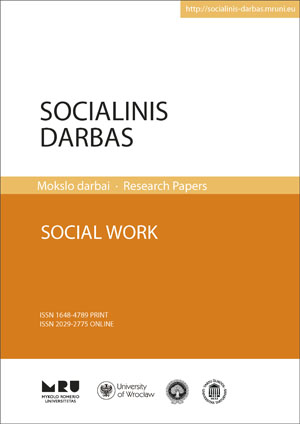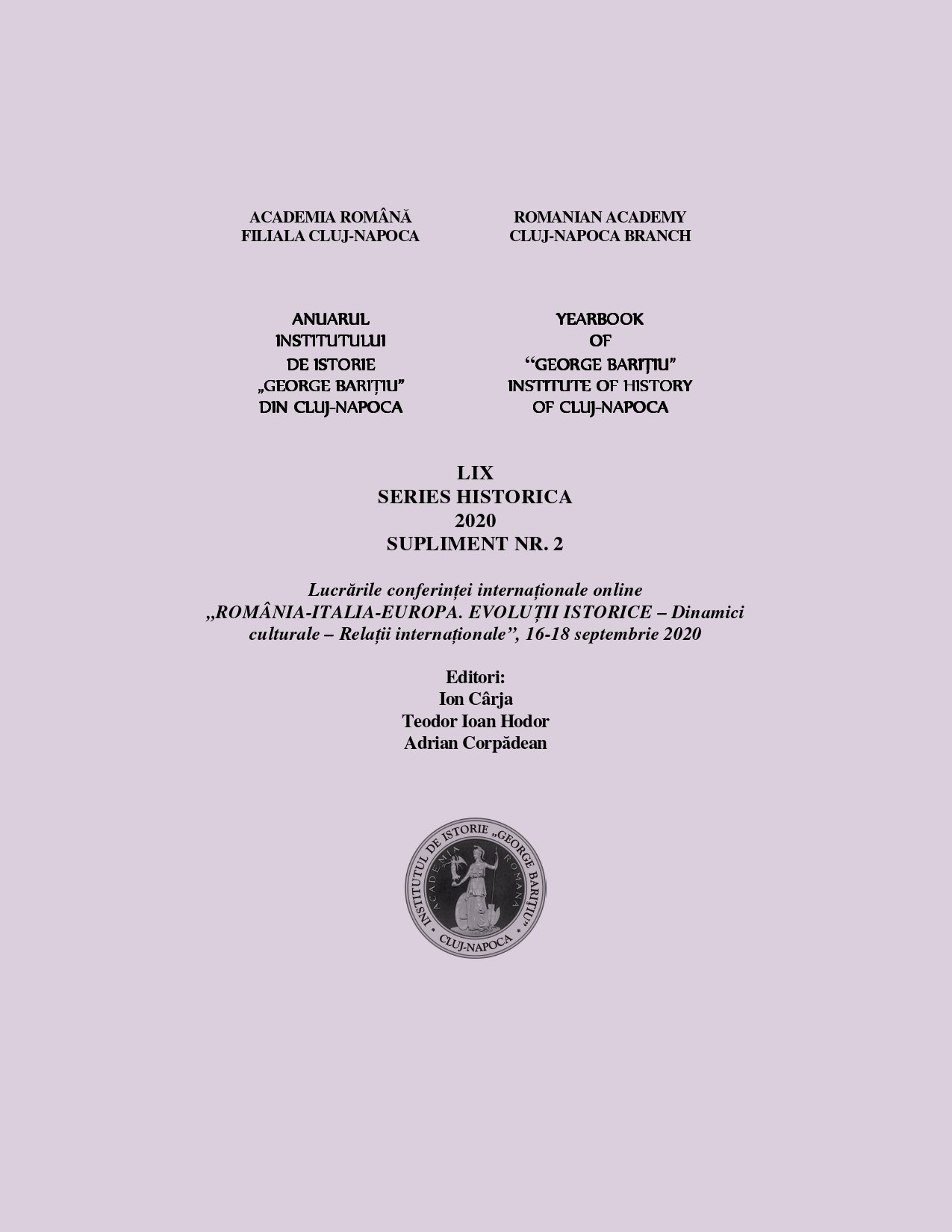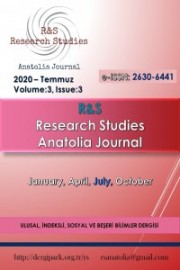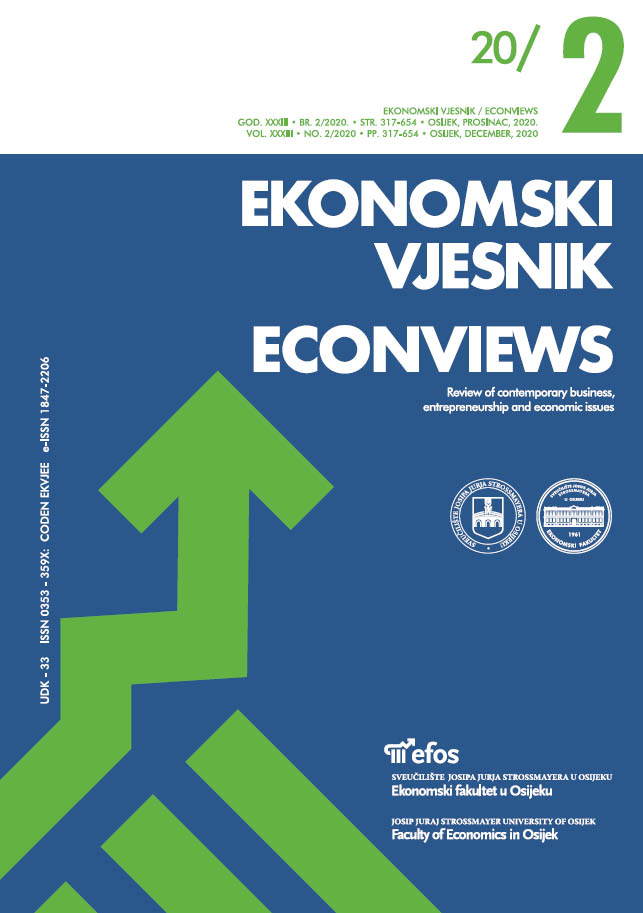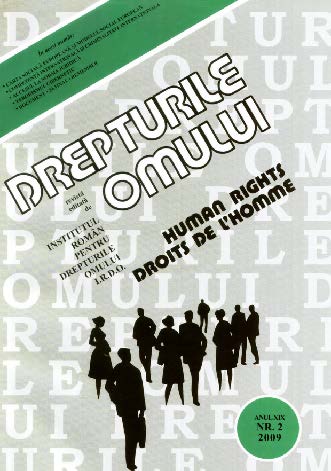Author(s): Jolita Dudaitė / Language(s): Lithuanian
Issue: 2/2020
This article examines the social and educational characteristics of the statistical unemployed person in Lithuania. Unemployment is one of the biggest, most difficult problems in the world. The declining employment of people of working age who can support disadvantaged sections of society poses significant economic and social challenges to the commonwealth. The long-term unemployed people lose their acquired professional skills, become more socially and psychologically vulnerable, are at risk of social exclusion and poverty, and due to stress they may experience deterioration of health, changes in thinking, decreasing of self-confidence and motivation to seek for a job. According to the data of August 1, 2020, published by the Department of Statistics of Lithuania, 12.8 percent the country’s working-age population was unemployed. It was the highest registered unemployment rate in eight years in Lithuania. Unemployment is usually identified as the main problem of the Lithuanian labor market and is described as a situation where part of the working age people would like and be able to work, but cannot find a job. Although dictionaries and scholarly works provide different interpretations of the concept of unemployment, scholars agree that unemployment is a socioeconomic phenomenon in which part of the population who are able and willing to work is unable to do so. Unemployment can be caused by both objective and subjective reasons.A number of studies have been conducted on employment issues in Lithuania, but there is a lack of work that analyzes the characteristics of the unemployed people and do comparison with the characteristics of employed people. There is a particular lack of research on the educational characteristics of the unemployed. The aim of the research of the article is to describe the profile of the Lithuanian unemployed person in social and educational aspects. To achieve this goal, the data of the International Adult Competences Survey PIAAC conducted by the OECD (The Organisation for Economic Co-operation and Development) were used for the analysis, which allows to measure the employment issues of working age people and to collect data on their social and educational characteristics. The OECD PIAAC survey is currently the largest world-class survey of adult competencies and the socio-educational factors that have relation with those competencies. PIAAC covers almost 40 countries, including Lithuania, and was conducted in 2012-2015. Lithuanian data were collected in 2015. The age range of PIAAC respondents is from 16 to 65 years. These are people of working age. Lithuanian sample: 5093 respondents from all 10 counties and different types of settlements. The database of Lithuanian PIAAC cognitive tests and the block of variables addressed to the topic of unemployment of the background questionnaire was used for the analysis. The analysis was performed by descriptive statistics methods.According to the analysis of the results presented in the article, the statistical unemployed person in Lithuania is a man aged 45–54, living in a village or small town, more often in poorer health than an employed person, have two children, his household usually consists of three people, more often than others he is tending to live without a partner. If he lives with a partner, his partner, more often than in the case of working people, is also unemployed. The statistical Lithuanian unemployed person has a secondary or I–III level vocational education, if he has profession, it is probably in a field of engineering, production or construction. In home he would usually have fewer books than people having a job, and his literacy is significantly lower than that of a person having a job.
More...

